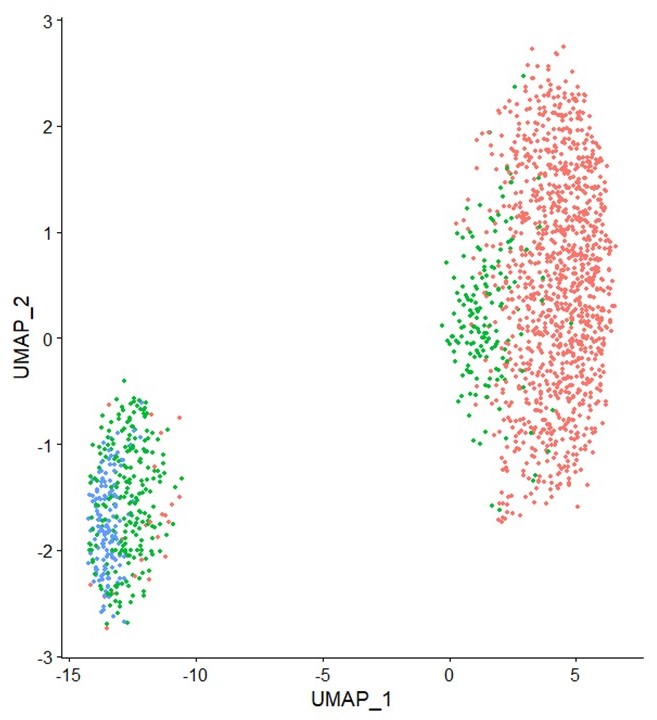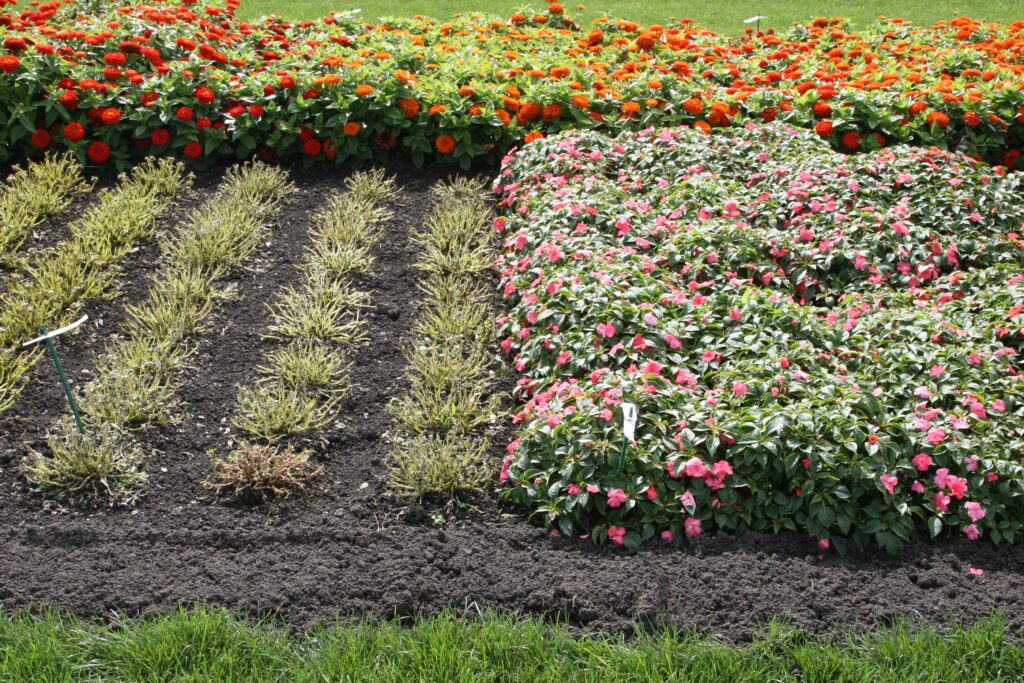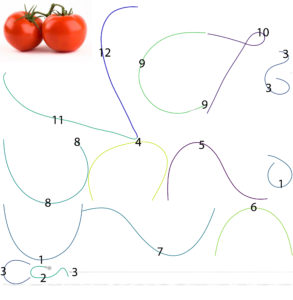
Develop and use DNA and RNA markers, sequencing and informatics to speed up breeding
The detailed study of molecular processes is rapidly advancing. And plant breeding is subsequently developing into an information-based process that relies on a solid knowledge of the molecular basis of plant traits.
KeyGene is taking advantage of these trends to help our partners gain insight and understanding around genetic variation – and to improve breeding efficiency – through the development and effective application of DNA and RNA technology.
We use our global expertise to deploy a wide range of tools, including innovative single-cell and spatial transcriptomics methods, that create new opportunities to speed up the plant breeding process, and to generate intellectual property.

Tech partnering
Equipment improvements also are powering a dramatic increase in the speed of DNA and RNA sequencing. KeyGene is working closely with our partners that develop and sell state-of-the-art laboratory equipment to gain early access to the latest advances in technology.
This allows us to contribute to their developmental programs, and it puts KeyGene at the forefront of developing new DNA and RNA technologies for crop improvement.
Impact
KeyGene’s partners take advantage of our DNA and RNA innovations to more rapidly improve their crops, based on the genetic and phenotypic variations available to them. These same innovations can be combined with other technologies to create additional opportunities for crop improvement.
Examples of our research for and with partners, developing and using DNA & RNA Technology innovation

Single-nucleus RNA analysis of pollen grains made feasible
Collaboration between Takara Bio and KeyGene made it possible to successfully carry out single-nucleus RNA sequencing (snRNA-seq) in pollen.



